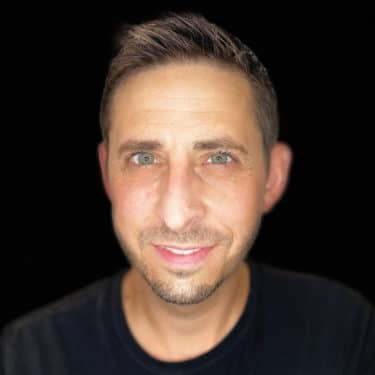
No. The bruise is not leukemia. Four-year-olds get bruises and don’t remember why. The cough isn’t RSV. It’s the usual seasonal gunk. (And when do babies in daycare not have a cough or stalactite boogers hanging from their cute little noses?) A laughing baby doesn’t have brain damage, David. Your kid is happy — count your blessings. And the reason you’re tired all the time is because you’re a father of two flirting with middle age trying desperately to stay sharp and relevant. You’re managing a career; trying to be a good husband, son, friend; and there’s dog poop to clean up in the backyard. Everything is fine. Ask my kids’ pediatrician. Ask my doctors. In fact, yeah, let’s do that.
Kevin Crystal, LCPC, isn’t technically my doctor. But he is my therapist. He spends more time treating me than any other healthcare professional, and he has been doing so for a healthy handful of years. So, I asked him: Why am I such a hypochondriac?
“There are several clinical reasons for illness anxiety,” he says. “Trauma, history of illness in childhood, and other disorders related to mood and anxiety are likely causes. But evolution and our quest for survival is probably at the heart of what is commonly referred to as hypochondria.”
So it’s all about survival. To worry is primal.
I’m a functioning hypochondriac. Like the functioning alcoholic you work with, my health concerns don’t prevent me from living a normal life. I might have some rough mornings and late nights, but I’m not losing my job over it and you won’t find “Public Hypochondria” on any of my arrest records. However, it does add stress to my life, albeit unnecessary in hindsight. And I wonder if there’s any good to this kind of Chicken Little worrying.
“Yes,” Crystal says. “Anxiety about illness can lead to detection and treatment. This type of worry is the opportunity to be aware of it and bring your focus back to higher priorities [rather] than catastrophizing minor symptoms into major health events.”
So my hypochondria isn’t “catastrophizing” anything, but I feel my time could be better spent focusing on — worrying about — other things. Like global warming. Perhaps if we didn’t drive so much, my baby wouldn’t have such a cough — sucking in all that CO2. He’ll probably get lung cancer…. And we’re back to where we started. But I’m getting the feeling that’s okay.
When going on these diagnosis hunts, Crystal tells me to, “ask yourself what is more disruptive, the thoughts and concerns about the illness or the symptoms? If the answer is the symptoms, seek the appropriate care from your healthcare provider. If it’s the thoughts and fears, then talk about it with a professional counselor, psychologist, or social worker. They can often help you identify and respond to these thoughts and fears in a new way.”
Now, I didn’t pay him to say that, but I’m glad I pay him to say that.
My hypochondria makes sure I observe my health, my wife’s health, my parents’ and my kids’. That mystery bruise? Keep an eye on it and any others. Monitor Baby Jacob’s cough and super snot. Get some rest, exercise, embrace the wisdom that comes with middle age. My hypochondria helps ensure that “Oh, it’s nothing” doesn’t become, “I’m sorry, there’s nothing we can do.”
My hypochondria is… reasonable.
Originally published in the Spring/Summer 2023 print issue.

David Himmel is a Peter Lisagor Award winner and the former editor-in-chief of Chicago Health. He lives in Old Irving Park.











